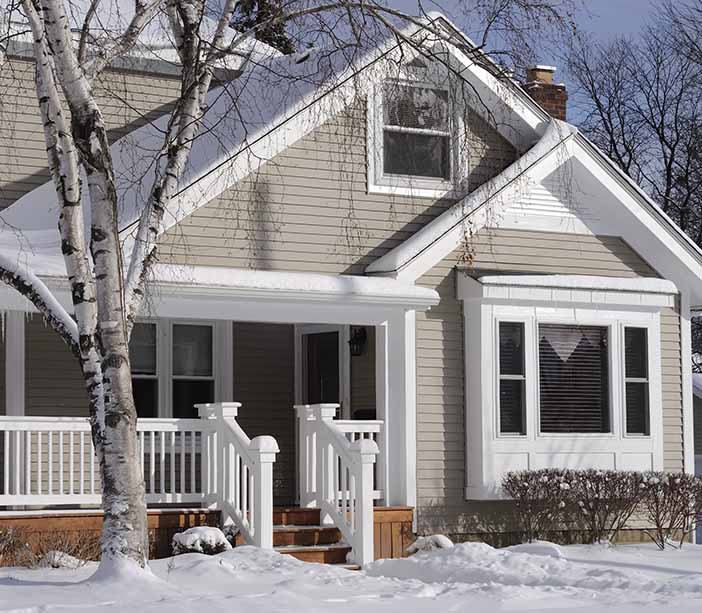We can help you identify specific factors contributing to poor indoor air quality and ways to improve it this winter.
On cold days, the air outside feels so crisp and clean. Unfortunately, winter is one of the worst times of the year regarding the indoor air quality of our homes. Why? Well, many factors contribute to this issue. Fortunately, Thomas Hoffmann Air Conditioning and Heating can help!
With more than 30 years of experience and a mechanical engineer as our owner, we can repair, replace, and provide maintenance for your home’s HVAC system.

What Causes Indoor Air Pollution?
When temperatures drop, we seal our homes, turn up the heater and humidifier, and get cozy. However, all of these things contribute to poor indoor air quality. Chemicals, bacteria, mildew particles, and other airborne contaminants circulate throughout the indoor air.
Air is considered polluted when it contains harmful substances. Some of the causes of winter indoor air pollution include:
- Household cleaners and air fresheners
- Emissions from gas-powered appliances
- Dust particles from carpet and furniture
- Mold and mildew particles
- Smoke from tobacco, wood-burning fireplaces, and candles
Poor indoor air quality aggravates respiratory conditions like asthma, allergies, and chronic lung diseases. If you or someone in your family suffers from respiratory issues, you may want to consider having your indoor air quality tested. A sound IAQ monitoring system can track the factors that contribute to poor indoor air quality, not only humidity but also temperature, dust levels, VOCs, and CO2 emissions.
How to Improve Your Indoor Air Quality this Winter?
You and your family can take various steps to improve your indoor air quality this winter. Some of the best ways to do this include:
- Use less toxic household cleaners
- Keep areas such as the basement and bathrooms clean and free of mold
- Don’t smoke indoors
- Don’t use your wood-burning fireplace or sooty candles
- Change air filters regularly
- Open windows and doors for a few minutes when possible
- Use bathroom and kitchen fans to move moist air out
- Don’t over-humidify your home
- Buy an air purifier for your HVAC system
The best thing you can do to improve winter indoor air quality is to avoid common pollutants altogether. It’s much easier than trying to get them out of the air. By taking these preventive steps and doing your best to keep the air in your home clean, you can be sure you and your family breathe in quality air!
HVAC Services in St. Louis
If you live in the St. Louis Metro area and have any issues with your HVAC system this winter, call Thomas Hoffmann Air Conditioning and Heating. With over 30 years of experience in the industry, we have comprehensive indoor air quality solutions. We offer a full line of Indoor Air Quality (IAQ) solutions, including air purifiers, humidifiers, dehumidifiers, germicidal UV lights, and ventilation systems.
